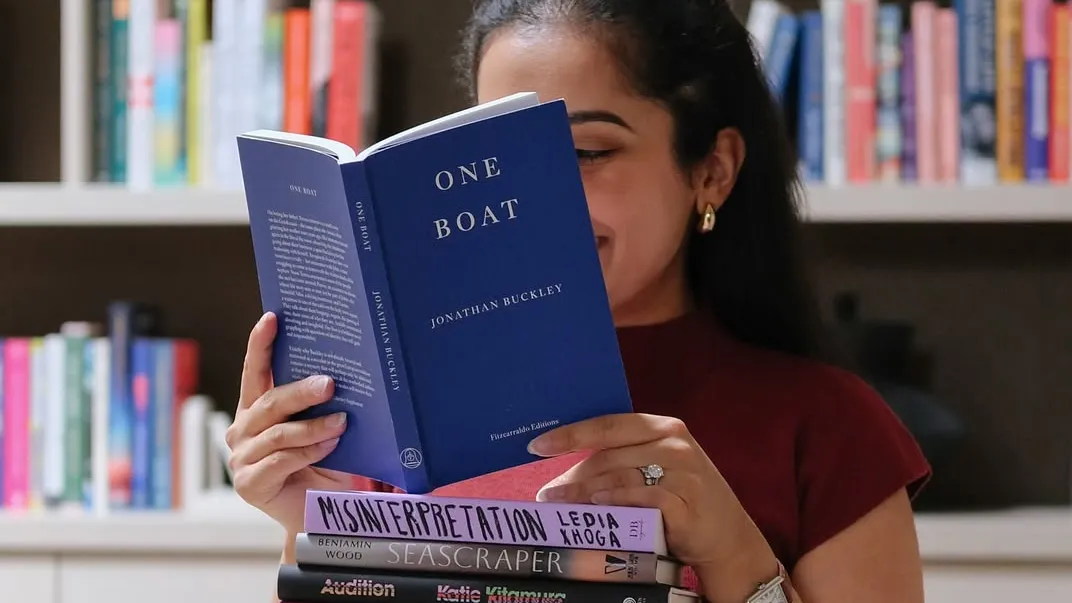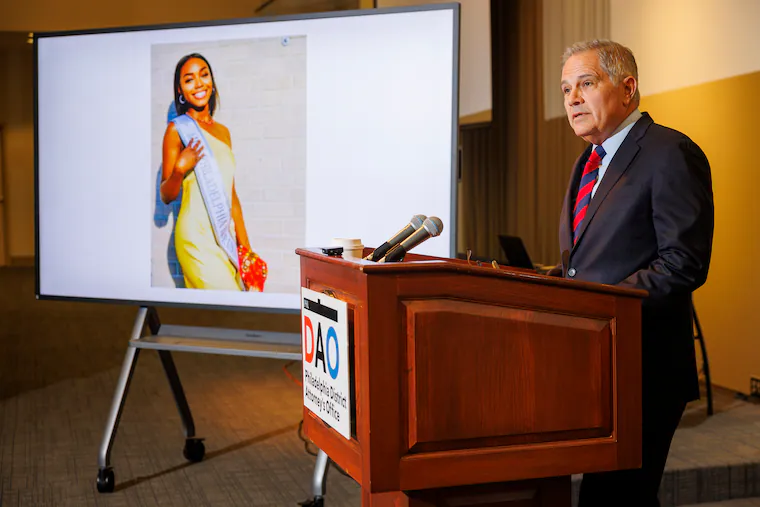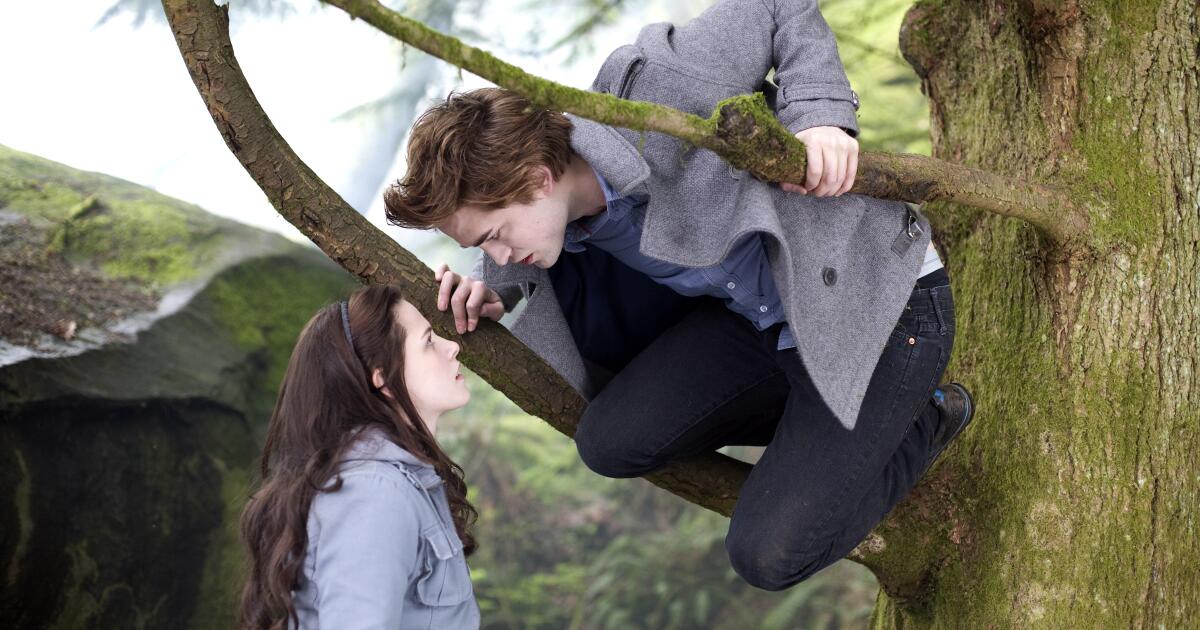Copyright vogue

A few months before my 22nd birthday in April, I jokingly posted on my Instagram story, “If I don’t see 22 books on my 22nd birthday, it’s going to be so over.” Friends from all over the country sent me books they thought I would like to read or the ones they wanted me to read. I got more books than the 22 I had demanded—over 30, in fact. I’ve been getting through them slowly. Each book feels like a heart in my hands. The rest, lying in my cupboard, are my most valuable possessions. It’s easy to judge people for stocking their homes and bookshelves with books you know they’ll never read. Last year, ‘bookshelf wealth’ dominated home decor trends, coinciding with the rise of performance culture. Many people buy books to seem smart, to display them on their shelves as proof of intellect, hoping and praying that no guest will ever be curious—or intrigued enough—to start a conversation about one. Maybe the spines of these books will be cracked someday. Maybe they won’t. Does that make an eager collector less deserving of the books in their possession than a dyed-in-the-wool reader? To readers, books are sirens—alluring creatures that call out to the heart. Have you never experienced that moment of wonder and magic when a book hypnotises you from the other end of the store? Has a book never caught your eye in the hands of a seller at the traffic signal or in a pile at the Scholastic Book Fair? Maybe we need to start looking at books as art, to be hung up on walls like paintings or splendidly displayed like sculptures. Books like R. F. Kuang’s Yellowface and Anita Desai’s Rosarita, with covers that look like arthouse film posters and feature oil paintings, are for the discerning collector as much as they are for the dedicated reader. I think if we’re going to be materialistic and consumerist, it might as well be about books. I’ve bought books because I saw a reel about them, because I read a quote from them on the internet, because I opened them in the bookstore and liked what I read on the page, because everybody else was reading them, because nobody else had heard of them, because they smelled nice, or simply because I liked the cover. My house is full of books—thrifted, passed around by friends and family, gifted, inherited, found and borrowed. Of course, I can’t read all the books I buy immediately. Sometimes, life gets in the way. Sometimes, the book is too difficult to understand at that specific moment, or the subject matter is too heavy. I have stacks of unread books that I just needed to have from over the years. The Japanese have a word for this phenomenon: tsundoku. It is “the practice of buying a lot of books and keeping them in a pile because you intend to read them but have not done so yet.” Tsundoku does not stem from neglect or performance—it is an act of faith, a decision made for the imagined future self armed with the time and readiness required to read that certain book. I remember really getting into feminism when I was in high school. In all my teenage excitement, I bought Deborah Cameron’s Feminism. When I went home and tried to read it, I didn’t understand a single word of the dense feminist theory. Since then, I’ve read Bell Hooks, Simone de Beauvoir, Andrea Dworkin and Judith Butler, but I have still not read Cameron. I’ve moved houses three times, and each time, the book has moved with me. I still have it. One day, I will read it. I know I will. Sometimes, my unread books stare at me from the shelves accusingly. Like many readers, I, too, feel the pressure of an imbalanced purchasing-to-reading ratio. It can feel wrong not to finish the books we already have before buying more. When I discuss these complicated feelings with psychologist Ruchi Ruuh, she tells me, “The unread pile of books shouldn’t be guilt-inducing but reassuring; proof that we have access to thoughts and stories we might love. Bookshelves have always reflected our inner world. They show what subjects spark our curiosity and what ideas we identify with. Owning a book can be as emotionally satisfying as reading it.” My cousin, who reads more than anyone I know, offers more comforting words. “Anybody who seriously or even casually reads will tell you that you need to have at least ten books around you at all times. They don’t even have to be related. That’s just how learning goes. What if you’re in the mood for Dickens one day and a history book by Guha the next?” Regardless of my conscience, I buy more books every year. Looking back, I know that having the books I have and buying them at the time I bought them meant something to me. They reflected who I was at that moment, and who I wanted to be. For me, the urge simply came from wanting to read the books at some point in the future. It was still a yearning for knowledge. When we buy a new book, is there a right time to read it? I think the right time to read a book is when you’re ready to meet it and it’s ready to meet you. I’ll be seeing you, Deborah Cameron. Do Indian authors need to be social media influencers to sell books? Vir Das was dead set against writing his memoir. That’s exactly why you should read it Mona Awad’s We Love You, Bunny is proof that literature needs more evil women



